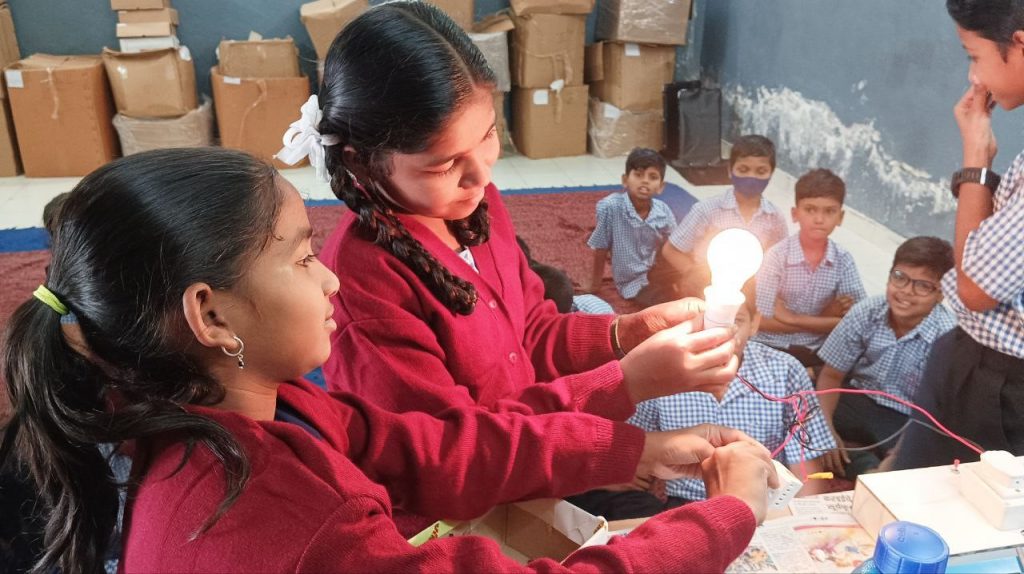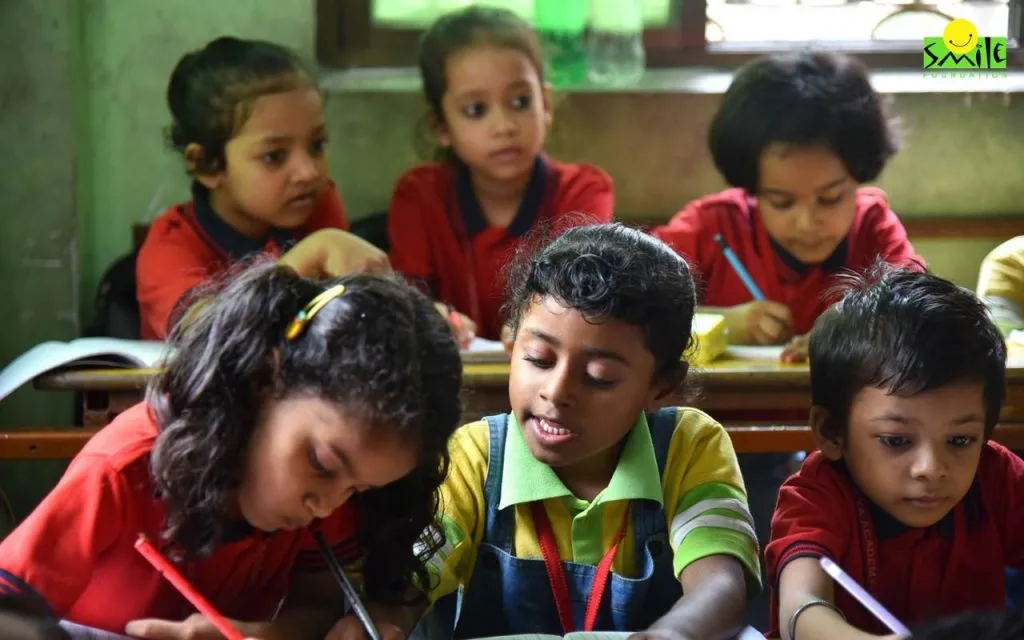What is the first thing that comes to our mind when we think of education centers? A place where students go to learn and acquire knowledge, right? However, education centres are much more than that. They’re a place where students form life-long friendships that can last beyond their time in school.
Education centres provide a supportive environment that fosters social connections, encourages collaboration, and offers opportunities for students to socialise and share learnings with one another.
The Role of the Education Centres for Growing Friendships
Education plays a vital role in growing friendships, especially in education centres where students spend a large amount of time together. Even though learning academic subjects is the primary goal of education centres, it is a haven for children to grow their social and emotional skills, which includes the ability to build and maintain friendships.
When students work together on a project or participate in a group activity, they learn to rely on and trust each other. This trust and dependence often continue even after the projects or activities are over, leading to long-lasting friendships.
Additionally, education centres often organise social events, giving space for children to form deeper connections with each other. Social events include dances, parties, and other get-togethers where students bond over common interests and experiences.
These events are usually valuable breaks from the stresses of academic life and allow children to relax, which contributes to building social capital.
The Culture of Inclusivity
Education centres also play a major role in promoting diversity. It brings students from different backgrounds, cultures, and experiences, leading to greater understanding and respect among children. The diversity creates a sense of empathy and connection that can build bonds between students and contribute to the growth of long-lasting friendships.
Some education centres promote mentorship programmes, which can be a valuable source of guidance and support for students. According to a study published in the Journal of College Student Development, mentorship programmes are positively related to friendship formation and satisfaction.
These programmes provide students with the opportunity to give back to their community while also forming strong bonds with their mentees. The mentorship relationship can last well beyond graduation and continue to provide support and guidance to both parties.
Empowering networks, education centres provide opportunities for former classmates to stay connected and maintain long-lasting friendships. These networks offer opportunities for continued friendship, career connections, and support.
According to a study published in the Journal of Applied Social Psychology, alumni networks are positively related to friendship and satisfaction. Alumni networks allow students to maintain their connections, building community online learning that can happen over texts, and video calls after graduation.
Importance of Friends in Student Life
Schools are usually the first place that children socialise with people other than their immediate family. Play and group activities foster a sense of joint objectives and encourage participation from all, thus leading to the discovery and enhancement of innate abilities.
Generally, friendships formed in younger years last longer and provide a strong support system in adult life too. Primary education centres provide fertile soil for young minds to explore and develop different types of relationships and interactions with a diverse set of people of the same age group.
Friends play a vital role in every student’s life. They provide emotional support, socialisation, and a sense of belonging. Having close friends in school or education centres can positively impact a student’s academic performance, mental health, and overall well-being.
Friends can offer emotional support during challenging times. Students who face stressful situations such as academic pressure, can share their experiences with their friends, which can help reduce their stress and increase well-being. A study published in the Journal of Youth and Adolescence claims that having close friends can buffer the effects of stress on mental health.
Secondly, having friends who share academic interests and goals can provide motivation, accountability, and study partners. A study published in the Journal of Educational Psychology found that high school students who had a close friendship with someone academically successful were more likely to perform better in school themselves.
Friends can also provide valuable feedback and assistance in coursework and projects, leading to better academic performance. They also provide opportunities for socialisation and new experiences.
Students who have close friends are more likely to participate in extracurricular activities, attend social events, and explore new hobbies. Socialisation with friends can increase self-esteem, confidence, and communication skills.
Benefits of Education Centres
Education centres provide academic support services such as tutoring where students can receive guidance and assistance from their teachers. Such programmes not only provide academic assistance but also help students develop valuable social skills, such as communication and collaboration.
Education centres also play an essential role in providing emotional support to students. School staff and counselors are available to support students through challenging times, but close friendships with peers can also provide much-needed emotional support.
The education center fosters a supportive environment that encourages students to connect, share experiences, and build relationships that can provide emotional support.
Education centers are an essential place for students to form long-lasting friendships, receive academic support, and benefit from socialisation opportunities. The relationships formed in education centers can have a significant impact on a student’s academic performance, mental health, and overall well-being.
Education centres play a crucial role in providing students with a supportive and nurturing environment that fosters positive relationships and helps them achieve academic success.
Smile Foundation and Centre of Learnings
Smile Foundation with its flagship programme, Mission Education focuses on building an environment for children to learn well and forge meaningful connections with their peers. As humans thrive on social connections, we want our children to build safe spaces for themselves both at the centres of learning and within their friendships.










One reply on “Education Centres: A Place to Make Lifelong Friendships”
I stumbled upon your blog post on education centers as a place to make lifelong friends, and it’s heartwarming. The discussion on the sense of community and friendship fostered in these centers is inspiring. It’s great to see how these spaces create a supportive environment for learning and personal growth. Thank you for sharing this positive perspective. Well done!